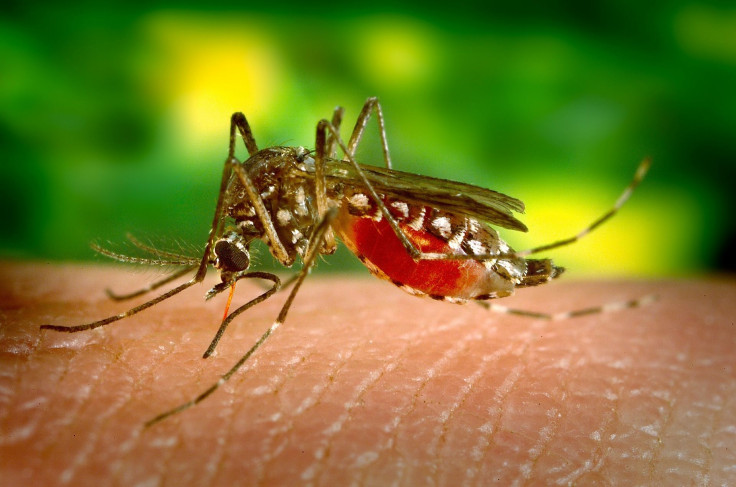Deadly Virus Found In Florida, Causes Brain Swelling From Mosquito Bites

The latest U.S. healthcare news warns the rapid spread of a deadly mosquito-borne virus known as Eastern equine encephalitis (EEE) in Florida that causes brain-swelling.
According to reports, many sentinel chickens have tested positive for EEE.
The confirmed presence of the virus in Orange County’s sentinel chickens have raised “the risk of transmission to humans,” according to a statement by the county’s department of health.
Sentinels are fowls tested for the West Nile virus and EEE. Their blood samples may show the presence of the diseases but it is not necessary that they would suffer from the viruses.
The EEE virus spreading to humans via carriers like mosquitoes will lead to brain infection and swelling.
On average, 7 EEE virus-related cases are reported in humans every year, according to the Centers for Disease Control and Prevention. Among animals, horses are the most vulnerable to EEE virus infection.
For humans, the disease is fatal as 30 percent of infected people die, according to the CDC. Survivors will battle many side effects including neurologic problems.
After the mosquito bite, it takes 4 to 10 days for symptoms to manifest. The external signs will include headache, high fever, chills, and vomiting. Extreme symptoms include disorientation, seizures, and coma.
In summer, mosquito populations peak and escalate the probability of infections.
Health officials urged people to guard against mosquito bites by draining out-static water around their premises. Covering skin with clothing and use of mosquito repellent, screens and adequate covering of doors and windows have also been advised as steps to save from mosquito bites.
Diagnosis of EEE
The blood test of those infected with EEE will reveal the presence of antibodies in the blood. Antibodies are proteins generated by the immune system for resisting foreign substances including viruses and bacteria.
Hiked level of antibodies is a sign that the immune system is fighting the virus.
A CT-scan can expose cross-sectional images of the brain to rule out any other disease that may be causing inflammation.
Taking a Magnetic resonance imaging (MRI) image of the brain will detect the scale of brain inflammation.
An electroencephalogram (EEG) test will show small seizures in the brain that are not noticeable externally.
Treatment for EEE
There is no specific treatment for Eastern Equine Encephalitis. But doctors pursue a multi-dimensional treatment pattern to manage the disease. They include the following.
• Corticosteroids to handle brain swelling
• Pain killers for headache, fever or body pain
• Respirator for breathing problems
• Use of anticonvulsants for seizures
• Sedatives for restlessness
Yet another deadly mosquito communicated virus disease is West Nile virus infection.
People who are infected with West Nile virus will show symptoms such as severe headache, fever, vomiting and sudden weakness.
© Copyright IBTimes 2025. All rights reserved.





















